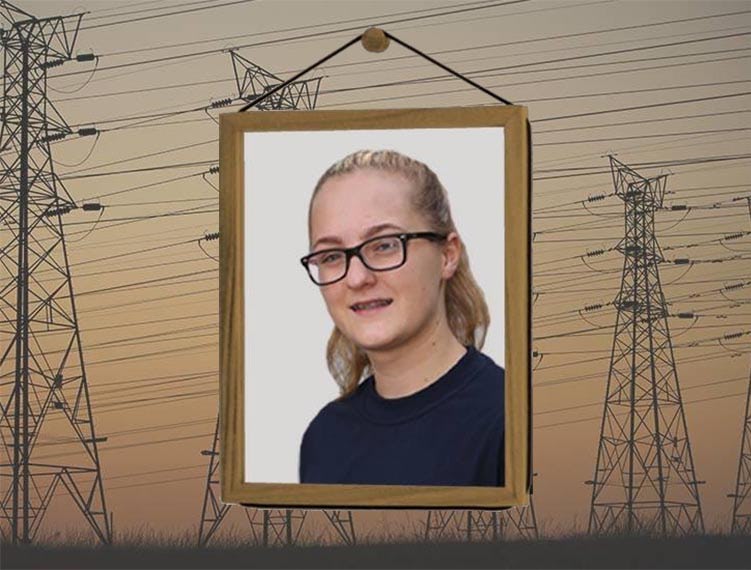UK Power Networks reopens apprenticeship vacancies for two weeks

Starting a career during a global pandemic was not without challenges for @UKPowerNetworks’ #apprentices, but after three years of training our newly qualified ‘key workers’ were ready to play their part in supporting the country.
One of them, Darbie Hughes, from Crawley, joined UK Power Networks’ apprenticeship in 2016 and became a fully qualified electricity substation fitter last year, maintaining and repairing vital equipment which keeps the local lights on. Below she explains the ‘new normal’ during the COVID-19 lockdown.
For those who want to follow in Darbie’s footsteps, UK Power Networks has reopened its apprenticeship vacancies for two weeks until June 14, giving students approaching the end of their education a chance to apply for a role with Britain’s biggest electricity distributor, including roles in Crawley and Brighton.
Today (Tue, June 9) sees the launch of a strategy within the utility sector to show the value of a career in an industry which provides critical infrastructure and services.
Andrew Pace, HR director at UK Power Networks, said:
“As we rise to the challenge of a net zero carbon future this is an exciting industry to work in which needs an appropriately skilled, safe and diverse workforce for today and the long term. We’ve teamed up with other utility companies through the Energy and Utilities Skills partnership on a strategy which raises the profile of job opportunities, training and skills in an industry that provides vital infrastructure services to millions of homes. During COVID-19 we are all relying on these key workers more than ever.”
Power worker, Darbie Hughes, who is 23, talks about building her career during lockdown:
What does it feel like to be one of the country’s key workers, helping to keep the country going?
It’s a good feeling, it makes us feel that we are doing our bit for the country.
People would notice if weren’t keeping the lights on! Everybody needs electricity. Hospitals need it to look after us and people need it to work, stay in touch with family and to be entertained.
All of our work was essential and we have been just as busy as normal, carrying out essential maintenance on switchgear.
When colleagues needed to self-isolate we managed the workload between the teams. I self-isolated for two weeks because my mum wasn’t well and our whole household had to go into self-isolation.
How did you feel about starting your career during such a difficult time?
We’ve adapted the way that we work to make it safe. Normally during circuit breaker maintenance, someone works each side of the equipment. Now, to keep our distance, someone will watch from a distance and then we swap over. Jobs can take a bit longer as a result.
What was it like to work during lockdown and what restrictions did you face?
I work at indoor electricity substations across a wide area, right up to the Isle of Sheppey in Kent. I drive my own van and it was lovely because nobody was on the roads for a couple of months, so I wasn’t stuck in any traffic jams on the M25! It’s busier again now.
How does the company support you?
There are daily briefings, we received COVID training from our line manager and we have extra Personal Protective Equipment. If anything, my work has made me more aware of controlling the risks. We all have a part to play in controlling the pandemic.
What precautions do you take at work to minimise the spread of the pandemic?
We receive a regular supply of masks, gloves, grime wipes and hand sanitisers to wash our hands. That’s one of the most important things we can all do and it’s essential because many of the sites where we work don’t have facilities.
We work with gloves all the time anyway, because we work with substances, but in certain situations, we also wear a mask. It has become the new normal for us now.
There was definitely a stage where I was worrying about bringing the virus home. It made me really disciplined about making my own packed lunches, so I don’t need to visit the shops. The company also supplied lunches to some of the offices so if we were nearby we could pick up food.











Responses